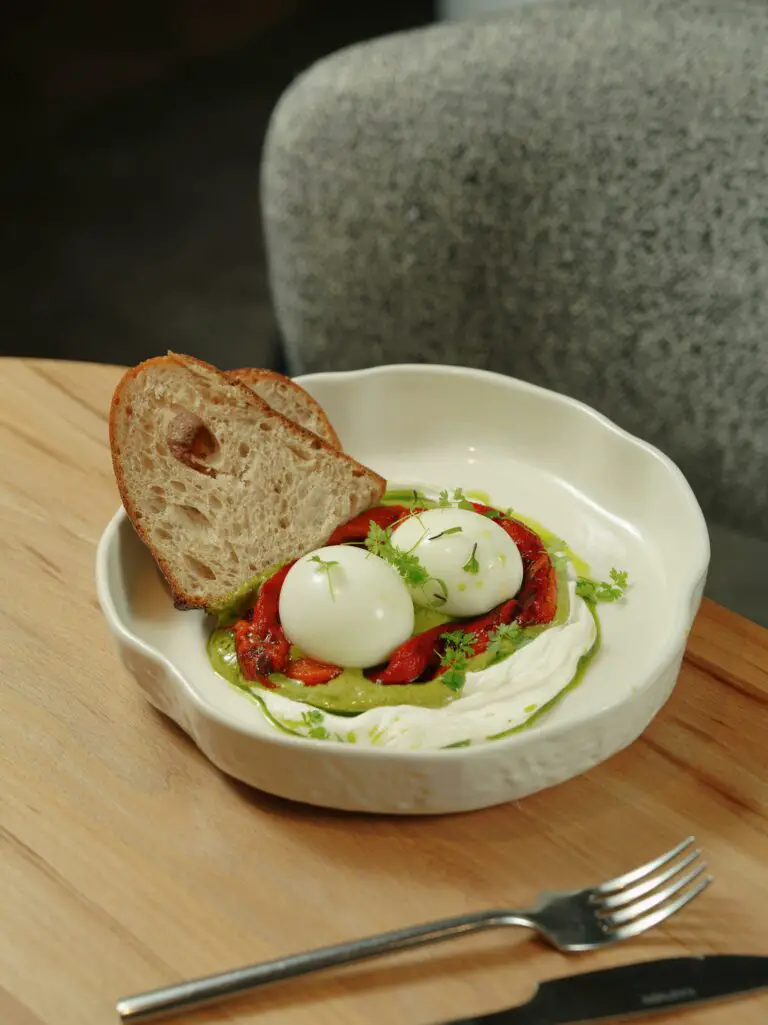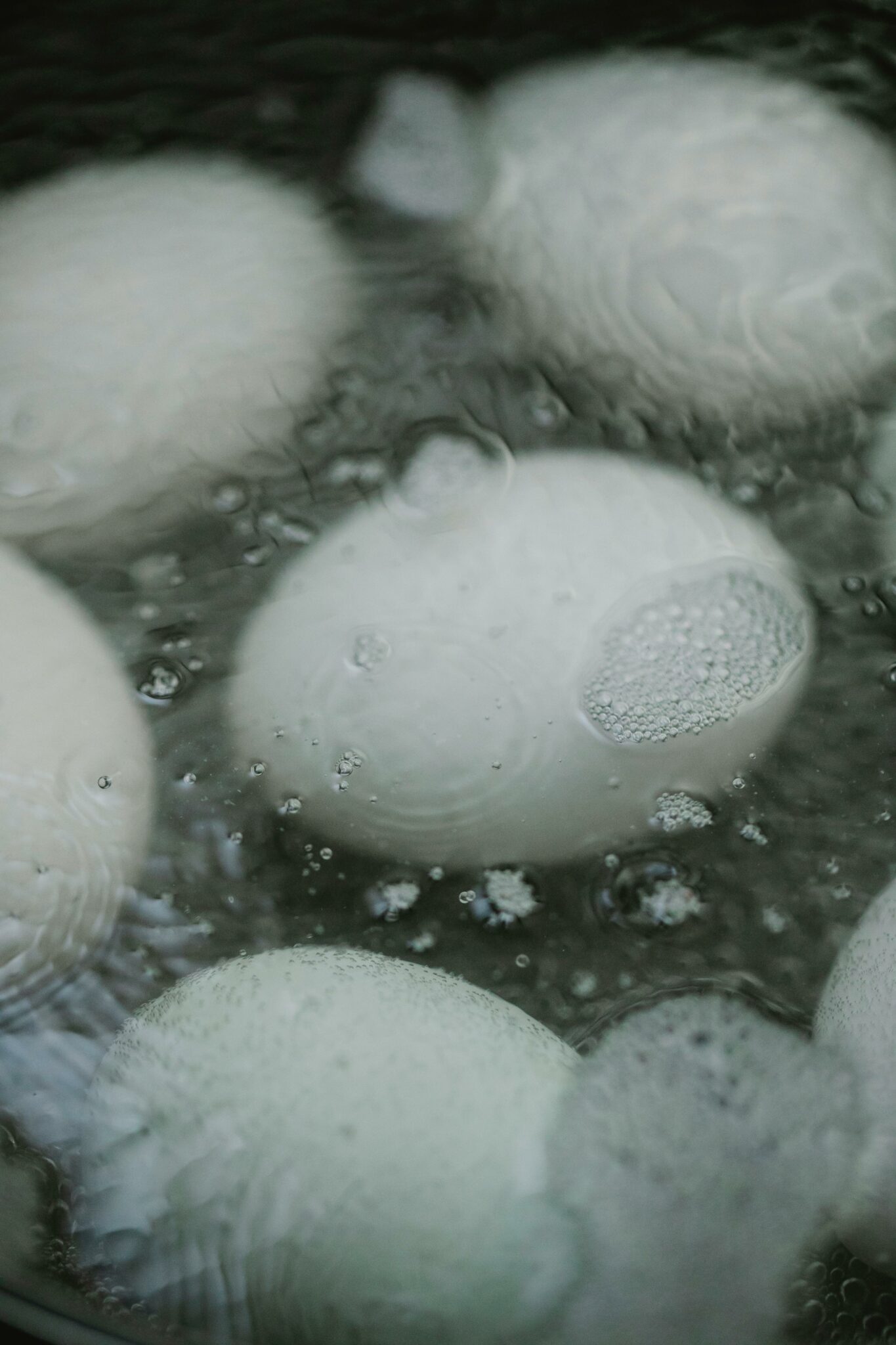Whether you enjoy your eggs scrambled, sunny-side up, or hard-boiled, they make an excellent addition to your diet for many reasons. Eggs are high in protein, supporting muscle repair and growth, and they’re packed with vitamins and minerals. The yolk, in particular, is rich in choline, which helps maintain healthy brain function.

They also contain healthy fats and are relatively low in calories, making them a nutritious breakfast choice for both children and adults.
If you prefer your eggs hard-boiled, you might have noticed a greenish ring around the yolk. You may wonder if it’s still safe to eat — and the answer is yes. The green ring forms when sulfur in the egg white reacts with iron in the yolk due to overcooking. Although harmless, it can be avoided with proper cooking techniques.

To prevent the green ring, place the eggs in a pot and cover them with cold water, ensuring the water is about one to two inches above the eggs. Bring the water to a rolling boil over medium heat, then immediately turn off the heat. Cover the pot and let the eggs sit in the hot water: 9 minutes for soft yolks, or 11–12 minutes for firm yolks.
After cooking, transfer the eggs to ice-cold water for about five minutes to cool them down and stop further cooking. For easier peeling, crack and peel the eggs under running water.

To help prevent the eggs from cracking during boiling, you can add a tablespoon of vinegar or a pinch of salt to the water.
Boiled eggs with their shells intact can be safely stored in the fridge for up to a week, while peeled eggs should be eaten within 2 to 3 days.